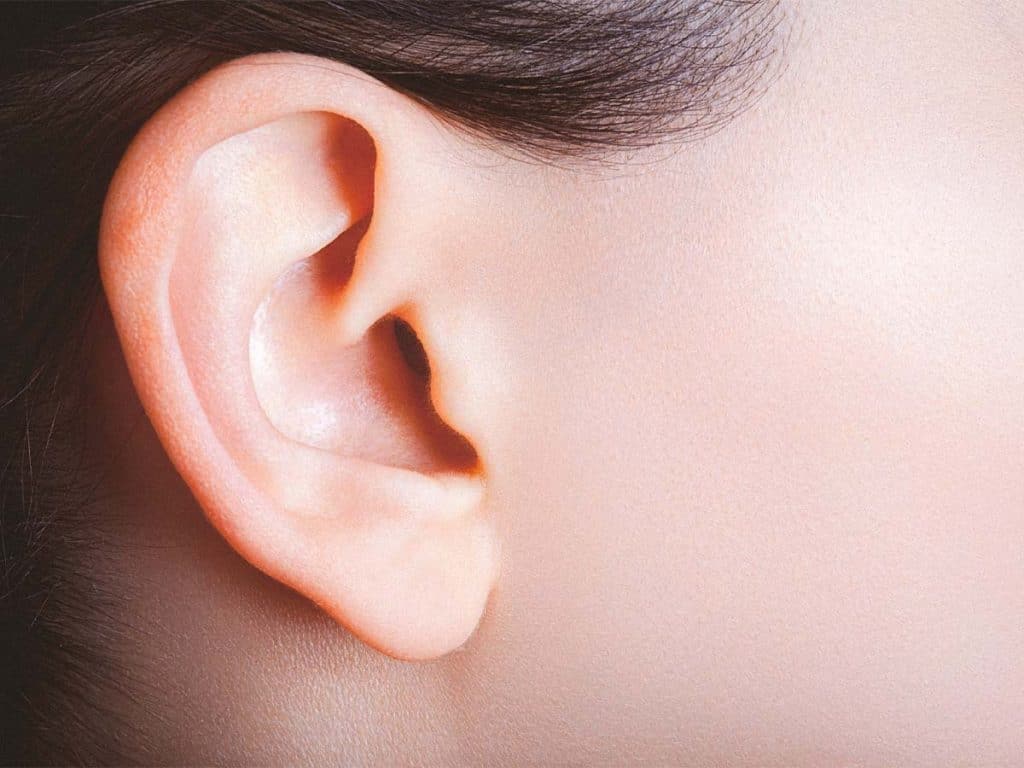What is Tinnitus and How to Avoid It?

Ever experienced a ringing in your ears that won’t go away? Then you might have had a case of tinnitus. Tinnitus is the perception of sound when there is no external sound present. The sound is most often described as a ringing, buzzing, humming, or cicada-like sound. Less often, tinnitus can also be described as a pulsating sound which may be in time with your heartbeat. Tinnitus may be constant or intermittent, it may be louder at certain times of days compared to others, and it may be present in one ear, both ears, or perceived more in the middle of the head.
According to the Mayo Clinic, tinnitus affects 15% to 20% of people in the world. The sound you hear can vary from a mere non-bothersome whisper to a louder, more disturbing sound. If it becomes anything more than an occasional annoyance, contact your audiologist for an in-depth diagnostic assessment and to discuss treatment options.
Knowing how to avoid and treat tinnitus is just a matter of knowing what causes or worsens your tinnitus. There is no one definitive cause of tinnitus, but below are the most common causes:
If you want to learn more about tinnitus, check out our resources:
#1 – Hearing Loss
Up to 90% of people with tinnitus have some form of noise-induced hearing loss. The hair cells in the inner ear become damaged, causing the brain to strain to hear sounds. To compensate for the lack of sound when hearing loss is present, the brain internally amplifies its own neural system which can result in tinnitus. This can be likened to a speaker turned on to full volume, with no music playing. For people with tinnitus, correcting the underlying hearing loss is the most important thing that can be done. Hearing devices are designed to amplify external sounds to help mask internal, ringing or buzzing sounds.
#2 – Wax Buildup
Blockages in your ear canal such as ear wax, dirt, water, or other foreign materials can affect your hearing. These blockages can cause tinnitus. Rather than using a cotton bud, it’s best to have the wax professionally removed by your Audiologist or doctor, either through microsuction (most advisable and safest option) or syringing.
#3 – Prolonged Exposure to Loud Sounds

One of the most common causes of tinnitus is prolonged exposure to loud sounds. People whose jobs put them at risk like DJs, rock musicians, sound technicians, builders, street repair workers, and pilots often suffer from tinnitus. Loud sounds can either temporarily or permanently damage the hair cells in your ears. When these hairs are damaged, they can send random sound signals to your brain which causes the ringing or hissing noise that you hear.
Left unprevented and untreated, constant exposure to blaring noises can lead to hearing loss. Avoid or dampen further exposure to these noises by using protectors such as earplugs or earmuffs. These are available as a custom-made product at Hearing & Audiology. For music enthusiasts, know how loud is too loud and enjoy sound responsibly.
#4 – An Ear Infection
An ear infection causes a fluid buildup in your middle ear that can trigger tinnitus. This often happens as a consequence of a cold, throat infection, or allergy attack. When the underlying cause has been treated, the tinnitus should subside in a few days.
#5 – Head and Neck Injuries
Because it’s all connected, a head or neck injury can also affect your hearing. Normally, tinnitus caused by these kinds of injuries is only present in one ear. If injury-caused tinnitus affects your quality of life, consider consulting with a professional for tinnitus management. At Hearing and Audiology, we can help create a treatment plan to help alleviate or lessen your tinnitus.
#6 – Medications

Certain drugs can have tinnitus as a side effect. These include aspirins, antibiotics, nonsteroidal anti-inflammatory drugs (NSAIDs), antidepressants, certain cancer drugs, and loop diuretics among others. If they are truly the culprit, the tinnitus should cease once you stop taking these medications. If you are taking any of these as a maintenance drug and the tinnitus becomes unbearable, consider consulting with your doctor to prescribe a different drug.
#7 – Natural Aging
As we age, the cochlea (spiral shaped organ in the inner ear involved in hearing) starts to deteriorate and this is what leads to age-related hearing loss. Treating hearing loss is the most important and effective way to treat tinnitus caused by age-related hearing loss. This can be done through the use of hearing devices, which are fully subsidised for eligible pensioners and veterans. If tinnitus impacts your quality of life, using hearing aids can help mask the ringing sound by increasing your ability to hear external sounds around you.
While some people learn to live with their tinnitus, it affects every person differently. We understand that living with a constant ringing sound can be frustrating, and can cause insomnia, stress, and anxiety. When your tinnitus impacts your way of life negatively, we can help you manage the condition with an individualized treatment plan. Call us on (08) 9388 8003 or book an appointment now.

